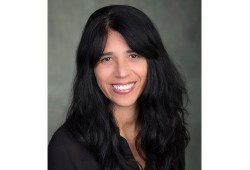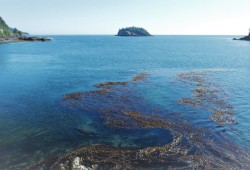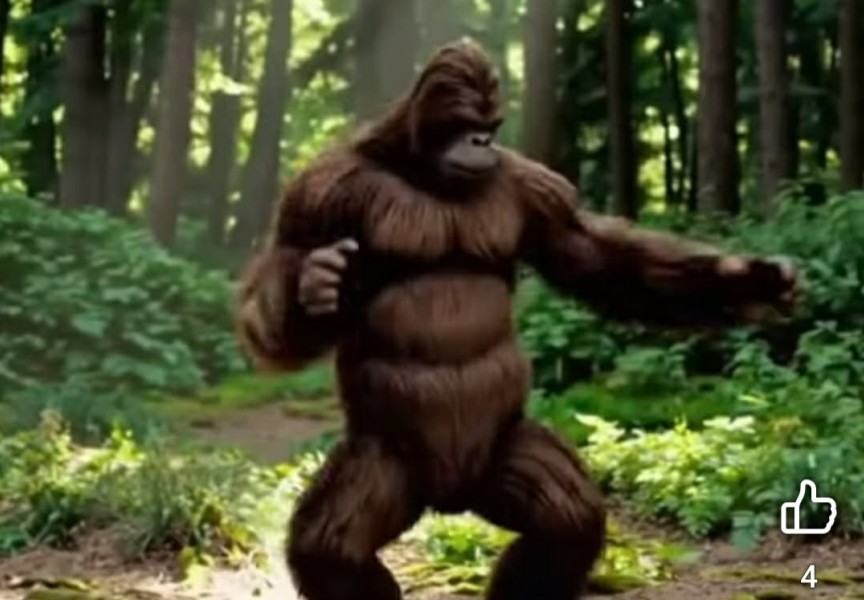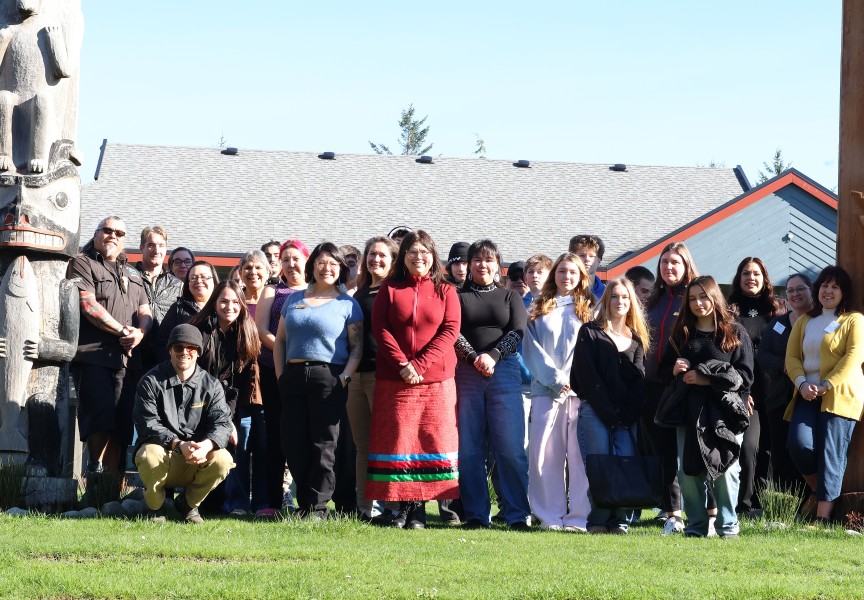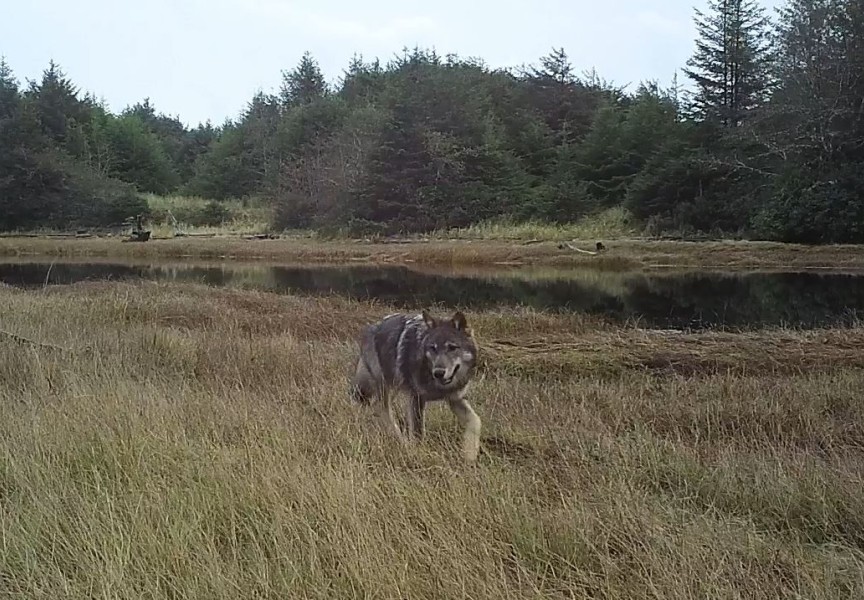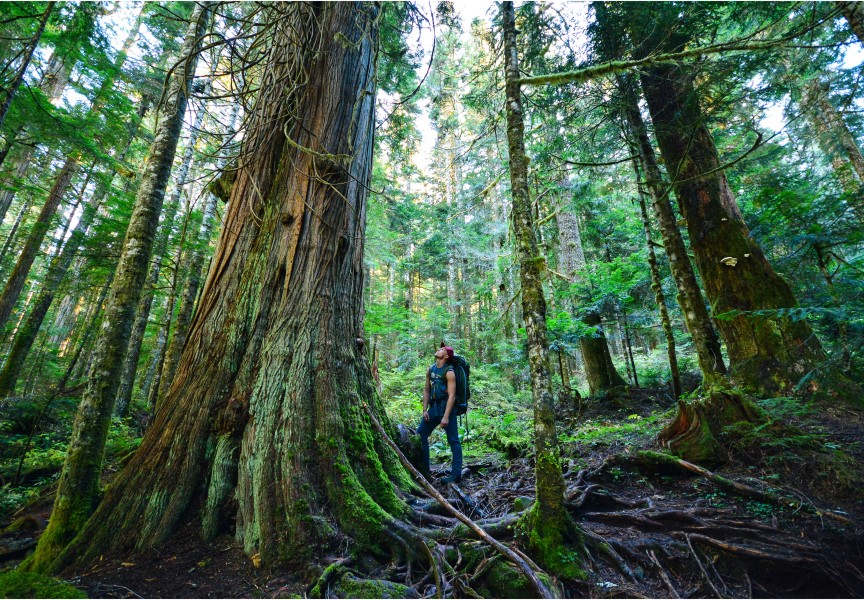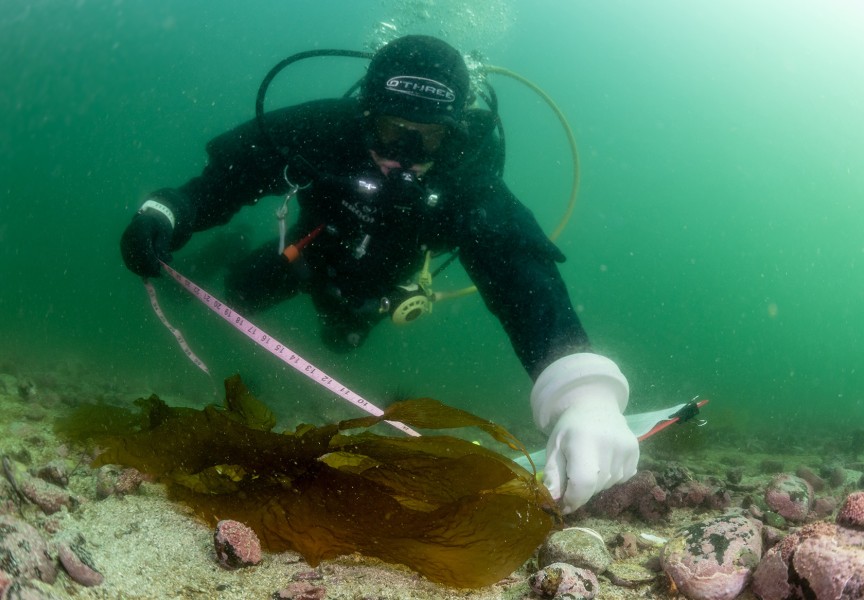Several Nuu-Chah-Nulth First Nations are expected to benefit from the news that a professor from the University of Victoria (UVic) has been given a prestigious position.
Maycira Costa has been named the BC Leadership Chair in Environmental Remote Sensing.
“It’s a huge deal,” Costa said. “It’s kind of a very prestigious position. In the field of remote sensing, using satellites to monitor the earth, I’m the only person in British Columbia with this focus. I think it will open many doors in terms of how to support the Indigenous people and communities.”
Costa, who has been teaching at UVic for the past 23 years, said a former colleague at the university previously held the BC Leadership Chair in Environmental Remote Sensing position. But he retired about a half dozen years ago. And the position had been vacant since then until Costa’s appointment last month.
Besides teaching, Costa is also a geography researcher at the Victoria university. She will have a new focus now.
“This is a program that the province has and they have some endowment funds that support those research chair positions in British Columbia,” Costa explained. “I was awarded one of these positions and the goal of this position is for my team to enhance this research that I’m conducting right now, looking at change in the marine system, not just the coastal system but the ocean in general.”
Costa already heads up a substantial research team at UVic.
“I have a very large research lab right now,” she said. “And it will get even bigger now because I will have more time to dedicate to research, more time than I had in the past. Right now, I think I have around 15-17 people in the lab.”
That includes lab assistants as well as all types of students, including undergrads, those completing masters, PhDs and postdocs.
Working alongside representatives of various First Nations in the province is nothing new for Costa.
“A lot of the research we do right now is really focused on the coastal ecosystems in British Columbia,” she said. “And all of the projects I have right now are with First Nations.”
The Nuu-Chah-Nulth First Nations that Costa is already working with are Toquaht, Nuchatlaht, Mowachaht/Muchalaht, Huu-ay-aht and Ahousaht.
Costa’s current research work, which will now continue with her new position, includes looking at changes on kelp.
“We have a lot of meetings to really try to build this collaborative work where we address issues or interests of the First Nations in regards to those ecosystems that we are focusing on,” she said. “The west coast of Vancouver Island, which has some of those nations, are very interested in defining, for example, and they could start to restore some habitats for kelp. Kelp has disappeared or it is very sparse right now.”
“Other areas are trying to identify regions where they can wild-harvest kelp, or even some of the nations are trying to come up with some ideas for kelp agriculture in their territories,” she continued. “And then as part of my research, I look at the kelp and how it has changed over time because I get a lot of satellite images that have been acquired since the ‘70s.”
Costa added her research also looks at environmental conditions of locations in an effort to try to identify the reasons a specific area has lost kelp, where it is decreasing or where it is stable.
“This can be related to ocean temperature changing because kelp doesn’t like warm oceans,” she said. “It can be related to wind conditions. It could be related to marine heatwaves. Or it could be related to increasing sea urchins in the area.”
Work is being accomplished because of collaborations with First Nations.
“I’m learning a lot with them,” Costa said. “And they’re learning a lot with us. It’s this combination of how to move forward because they know a lot. It’s incredible when we’re in the field with them, we learn so much from their experience. If I just look at the satellite data I can come up with some ideas.”
“But they have information that only a person who lives in the area and lives there all the time, they’re able to interpret that information better. When we are with them, we both learn a lot.”
With her new leadership chair position, Costa said she’ll be able to take her work to another level.
“It will help me to start to implement these kinds of methodologies that make the communities, the nations, more independent on how they can extract information from satellite images,” she said, adding there will be less of a reliance on her to download and interpret data.
Costa believes benefits will be seen down the road.
“It’s a path that we have to follow and it’s not something that will happen in the next month or so,” she said. “It will take few years. But it’s something that I think we will succeed in doing it together.”


